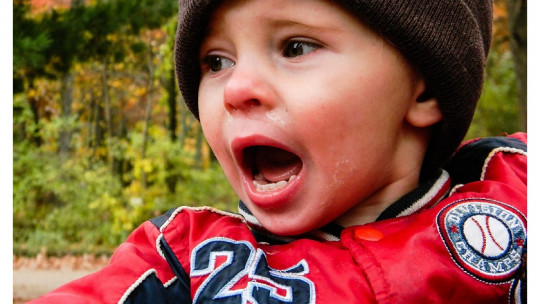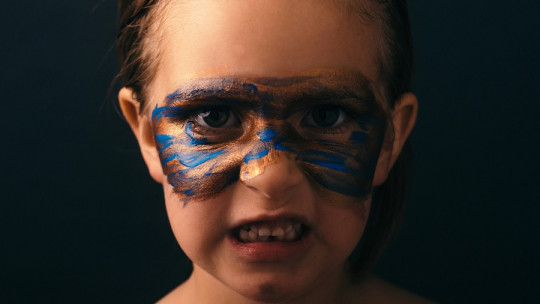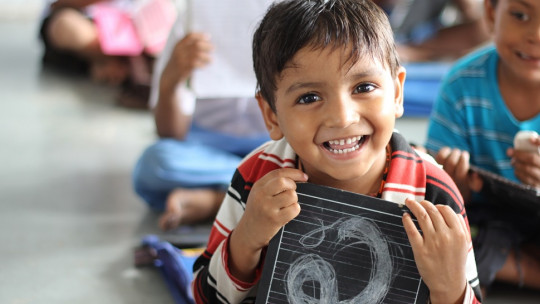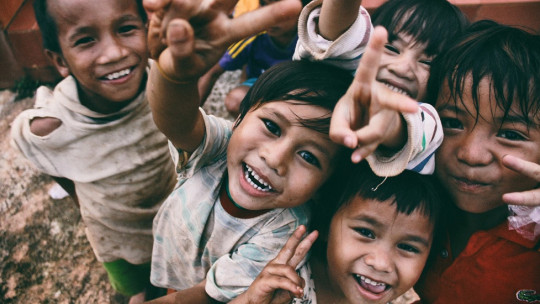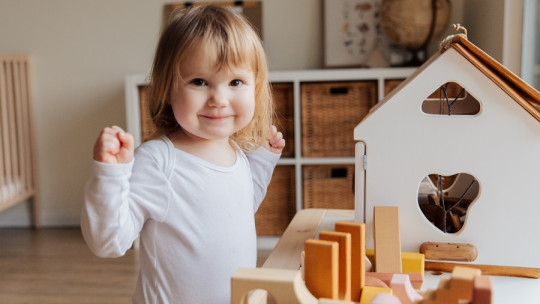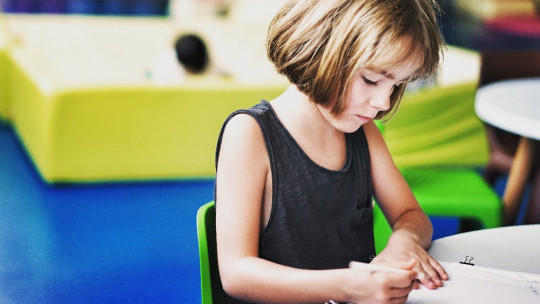
In the following lines we will address the issue of favorable self-image in the school stage that corresponds to primary education, explaining what the behavior of boys and girls who manage to integrate good development from an early age tends to be. A description of the behavior of children when they fail to integrate a favorable self-image will also be given, so that parents can identify and distinguish when a boy or girl is presenting difficulties in their emotional development.
And it is essential that the youngest are able to integrate an adequate self-image of themselves, and at the same time that the elderly attend in time (and preventively) to the needs that their son or daughter presents to promote their healthy psychological development, and to be able to provide support so that when they begin their adolescence they have a more consolidated self-esteem; In this way, the predisposition to generate conflicts, behavioral problems, and suffer academic and adaptation difficulties will be reduced.
What does a good self-image look like in children?
Favorable self-image is the most important key point for success and happiness in any person’s life. A boy or girl, to achieve healthy development, must form a favorable self-image; this It will allow you to feel that you like yourself and, therefore, you will be able to set yourself challenges and stimulating activities that enhance your learning and maturation
Therefore, having a correct self-image in childhood makes us trust our own abilities in a phase of life in which curiosity and the initiative to explore the environment is key to knowing how the world works (and how it works). oneself).
This will help the little ones learn to live together, learn and study, managing to face life with an open attitude making it easier for them to have access to many opportunities.
Boys and girls who have an adequate self-image also manage to accept criticism without getting upset, achieving develop the ability to listen and learn from mistakes.
Boys and girls with a favorable self-image also feel safe to express themselves and take certain (reasonable) risks when evaluating what they want to say or do and dare to make objections to their parents or teachers, or people in authority, because They manage to feel that they can face obstacles without being overwhelmed by their own doubts
When faced with problems, they can solve them in an original and creative way because they can believe in themselves and estimate that they can be successful in the goals they set for themselves. Generally these are children who achieve important achievements in the activities they like; In turn, their achievements renew their self-esteem, earning the admiration and respect of others.
Behavior in boys and girls with unfavorable self-image
Children who do not have an adequate self-image They are children who generally feel uncomfortable wherever they go They appear insecure in a wide variety of situations, appearing avoidant, reserved, or very shy; Although we try to motivate and support them, they fail to be open, and this limits their psychological and emotional development, affecting some areas of their life, school and social by not being able to integrate into recreational activities (which are fundamental in the primary school stage). for their healthy development and training), and leading them to have poor academic performance.
Generally, they are boys or girls who develop pessimistic thoughts about their abilities and who They are convinced they cannot succeed ; therefore, they do not try to exert themselves to execute specific tasks.
Furthermore, they show little effort and always tend to show continuous errors when they try to make an effort; As a result, they suffer a loss of confidence and high levels of frustration, becoming a vicious cycle of failure and avoiding trying again expressing anger or sadness.

These little ones worry a lot about whether they are doing the right thing. Sometimes this worry can make them anxious, limiting their sense of achievement, and causing difficulties with attention and concentration
On the other hand, sometimes, when they are carrying out manual activities, they destroy them and become overwhelmed by psychosomatic ailments caused by anxiety.
Sometimes they try very hard to please others, and they can lose their own desires and continue behaving with the desires of others as a reference; and this is generating more insecurity in themselves.
How can parents prepare to promote good self-image development in their children?
It is important to establish healthy authority from an early age to establish well-defined limits according to the school age of the children. So that they can feel limits as part of their parents’ care for them, rather than an arbitrary imposition that does not take into account their needs, feelings and desires, these rules must be clear and understandable.
Also you have to show respect encouraging and allowing their children to individually express their tastes, desires or even discomforts, managing to legitimize them by being heard and understood, activating support based on conversation and the explanation of what happens when they cannot be supported for their own safety. in oneself.
Besides, It is important to give recognition for your progress (no matter how minimal they may be) and pay less attention to the errors or difficulties they show in some activity or behavior to act with punishments as a corrective or disciplinary measure.

